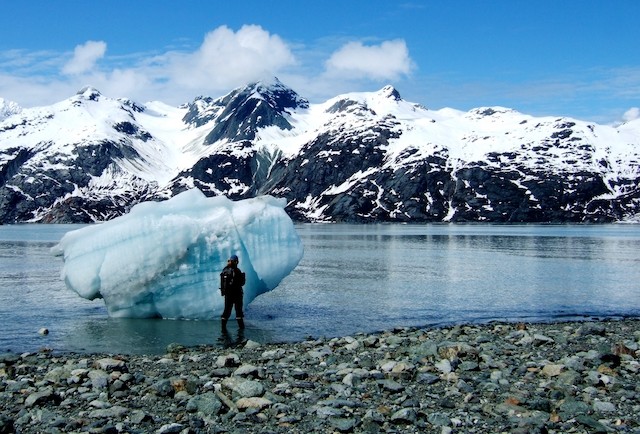
The Earth to Sky Coastal Alaska Regional Team presented a series of four webinars to explain the NASA Earth to Sky program, explore climate science, and build community in the field of climate change communication.
Participants discussed climate science with specialists from various agencies and institutions, including the National Aeronautics and Space Administration (NASA), National Oceanic and Atmospheric Administration (NOAA), National Park Service (NPS), and others.
Topics included climate and earth science; weather & climate; glacial change research; satellite imagery to illustrate changes on the landscape; climate change impacts on fisheries, oceans, subsistence, & economics; climate science communication skills; and communicating with courage and hope.